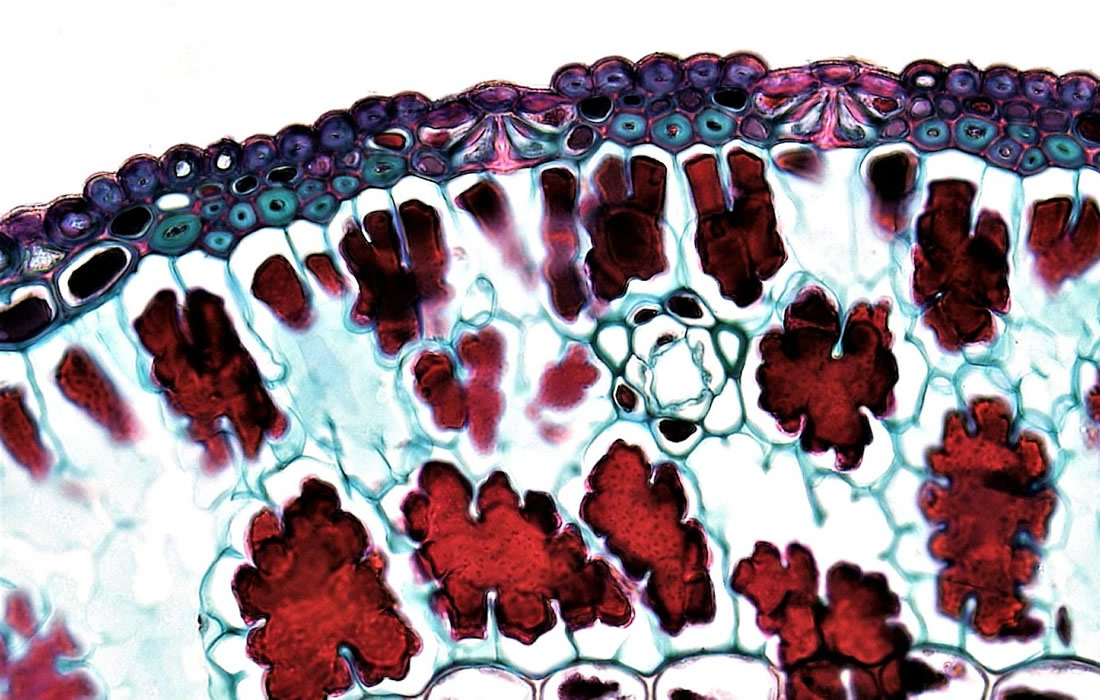Regenerative Medicine News and General Information
New Insights Revealed on Tissue-Dependent Roles of JAK Signaling in Inflammation
Researchers at the Icahn School of Medicine at Mount Sinai have gained a deeper understanding of the nuanced roles of JAK inhibitors, or modulators, in inflammation across various cell types and tissues.
JAK1 is a key protein in the body that supports cell communication and controls the immune system.
It is part of a group of proteins that pass signals from a cell’s exterior to its interior.
Controlling JAK1 activity is also important in managing conditions such as rheumatoid arthritis and some cancers.
Current JAK inhibitors work well against inflammation in diseases like eczema, but the study suggests a need for a nuanced approach in modulating JAK activity for conditions like asthma.
The potential shift toward enhancing, rather than blocking, JAK activity in lung neurons could be a transformative strategy, distinct from traditional JAK inhibitors that mainly target immune cells, say the investigators.
As part of the work, a mouse made with a patient-specific mutation in the gene for JAK1 revealed how this mutant protein causes disease and how it could potentially be harnessed for broader therapeutic use.
The study showed that activated JAK1 signaling has tissue-specific effects, including an unexpected immunoregulatory role in lung sensory neurons, where it suppresses lung inflammation.
The study involved a type of JAK1 gain-of-function (GOF) mutation, first reported by study co-author Stuart Turvey, MBBS.
A JAK1 GOF mutation is a change in the gene that encodes the JAK1 protein, making it more active than normal.
This increased activity can lead to overactive immune responses and may cause health problems like autoimmune diseases or cancer.
In the lung neurons of the mice, the JAK1 mutant protein reduces inflammation caused by exposure to mold by producing substances that suppress inflammation.
However, the mice still showed the same skin condition as the original patients, indicating that JAK1 signaling has different effects in different cells and even within the same cell type in different parts of the body.
“Better understanding of JAK signaling in different parts of the body not only helps us discover new things about biology but also gives us a glimpse into how JAK medicines might be used in the evolving landscape of innovative treatments,” says Dr. Kim.
Sources:
Masato Tamari, Kate L. Del Bel, Aaron M. Ver Heul, Lydia Zamidar, Keisuke Orimo, Masato Hoshi, Anna M. Trier, Hiroshi Yano, Ting-Lin Yang, Catherine M. Biggs, Kenichiro Motomura, Rintaro Shibuya, Chuyue D. Yu, Zili Xie, Hisato Iriki, Zhen Wang, Kelsey Auyeung, Gargi Damle, Deniz Demircioglu, Jill K. Gregory, Dan Hasson, Jinye Dai, Rui B. Chang, Hideaki Morita, Kenji Matsumoto, Sanjay Jain, Steven Van Dyken, Joshua D. Milner, Dusan Bogunovic, Hongzhen Hu, David Artis, Stuart E. Turvey, Brian S. Kim. Sensory neurons promote immune homeostasis in the lung. Cell, 2023; DOI: 10.1016/j.cell.2023.11.027
Materials provided by The Mount Sinai Hospital / Mount Sinai School of Medicine. Note: Content may be edited for style and length.
The Mount Sinai Hospital / Mount Sinai School of Medicine. “New insights revealed on tissue-dependent roles of JAK signaling in inflammation.” ScienceDaily. ScienceDaily, 21 December 2023. <www.sciencedaily.com/releases/2023/12/231221123032.htm>.
Images from:
Photo by Lafayette Reynolds MS
https://www.pexels.com/photo/modelo-ciencia-celula-espacio-para-texto-11198496/

